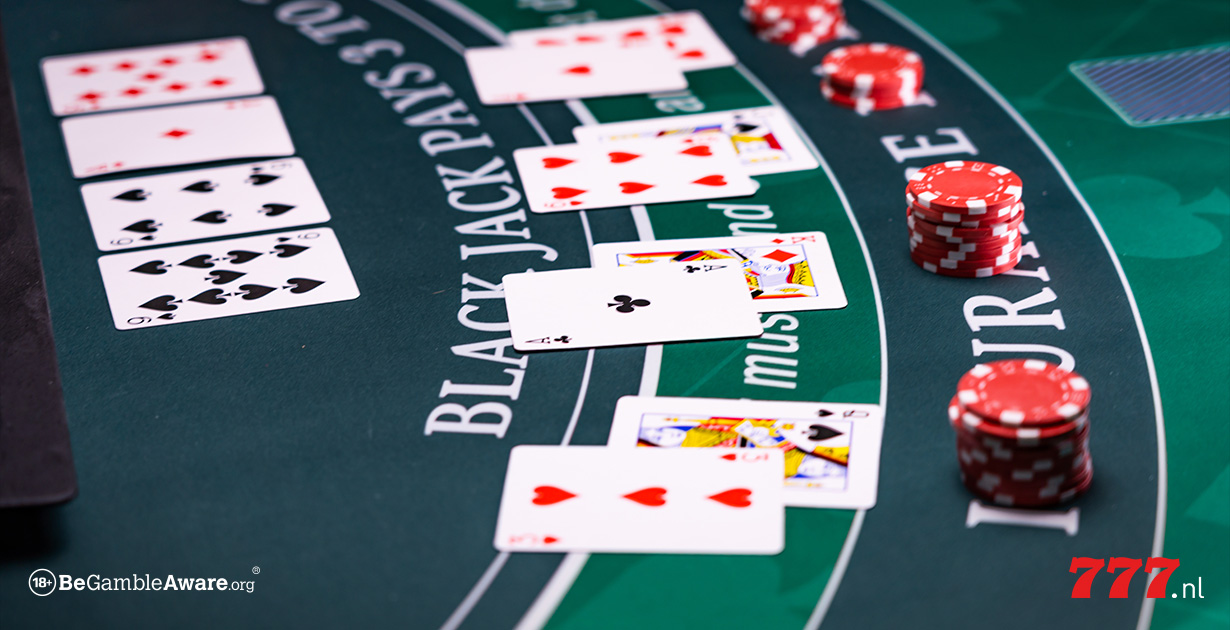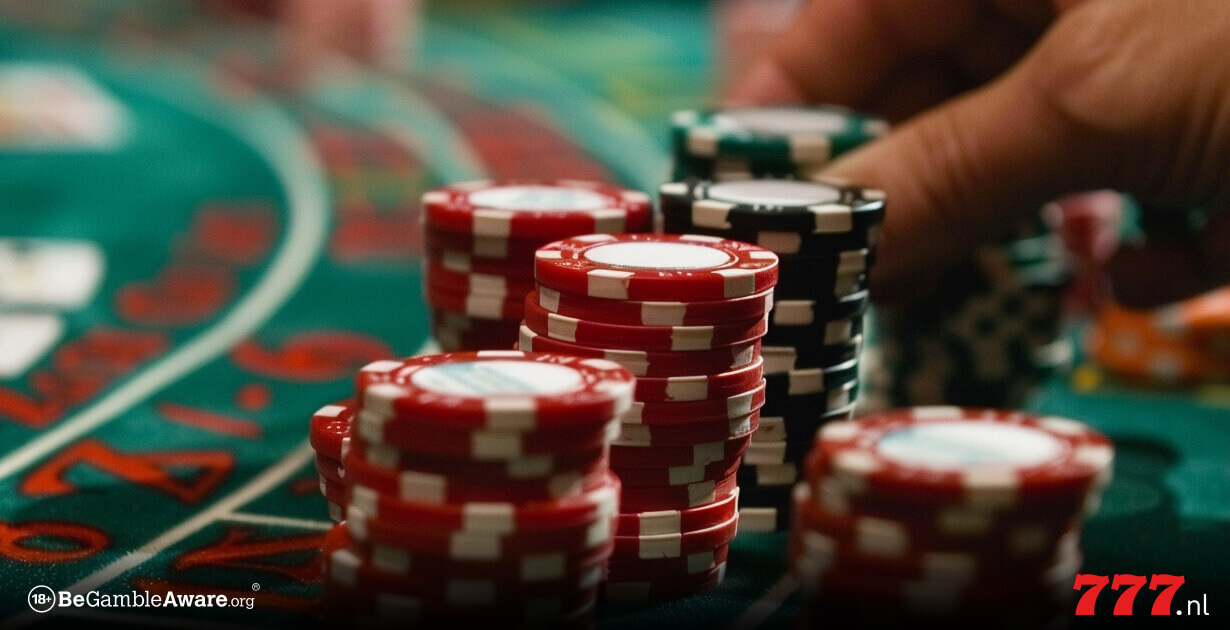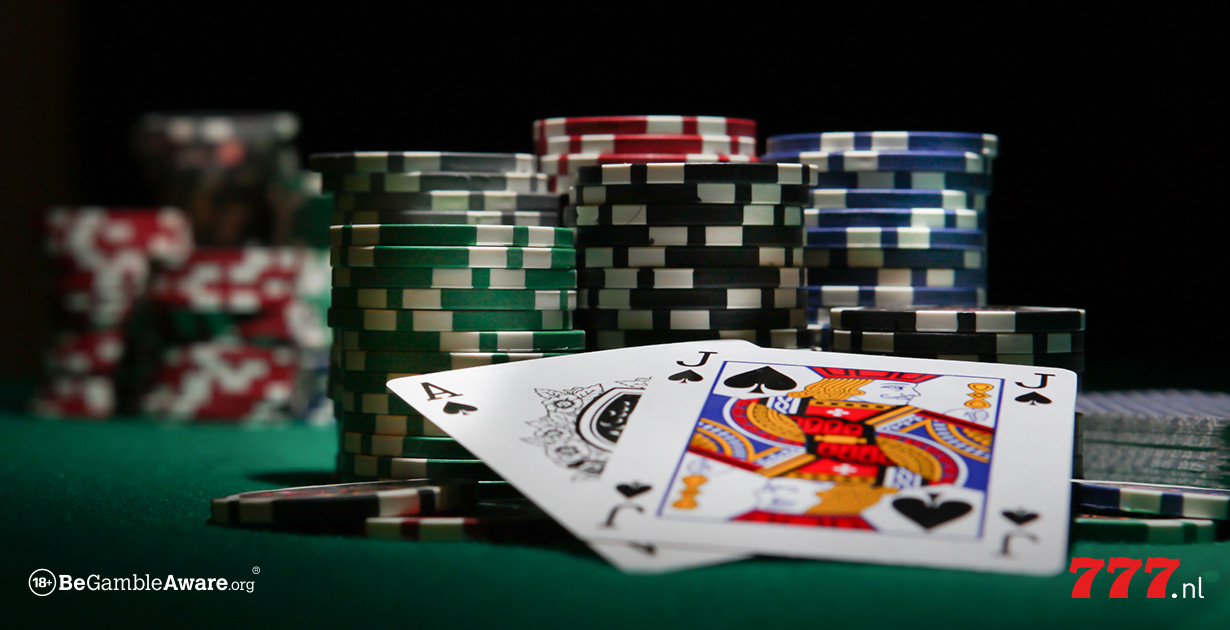Blackjack is one of the most popular card games in the world, both in physical casinos and online. The blend of strategy, chance, and excitement makes it a favourite among many players. But when it comes to card counting, there is often a mysterious and sometimes even illegal aura surrounding it. In this blog, we dive deeper into the world of card counting in blackjack and explore whether it is a myth or a reality.
What is Card Counting?
Card counting is a strategy used by blackjack players to improve their odds by keeping track of which cards have already been played. The idea is simple: by knowing which cards are still in the deck, you can better predict whether the next card will be favourable for you. This might sound like cheating, but card counting is purely based on mathematical insight and observation. It requires a good memory, quick math skills, and strong concentration.
Myth: Card Counting is illegal
One of the biggest misconceptions is that card counting is against the law. This idea is often reinforced by Hollywood movies where clever gamblers are thrown out of casinos or even arrested. However, the reality is quite different. Card counting is not illegal. It is a strategy that relies on open information – the cards visible on the table. Since players use only their brains and no physical devices, it is technically completely legal.
Reality: Casinos don’t like it
While card counting is not illegal, that doesn’t mean casinos are happy about it. They see card counting as a threat to their profits. To discourage card counters or even remove them, casinos take various measures. They can train their security staff to spot counters, adjust table limits, or restrict player bets. In some cases, a player can even receive a lifetime ban from a particular casino.
Myth: Card Counting is only for Geniuses
Many people think you need to be a mathematical genius to count cards. This is not true. While a basic understanding of probability and numbers is helpful, the most popular counting methods are surprisingly simple. The Hi-Lo system, one of the best-known strategies, only requires you to keep track of whether the played cards are high, low, or neutral. Each low card (2-6) counts as +1, each high card (10-Ace) as -1, and cards from 7 to 9 count as 0. With enough practice, almost anyone can master this technique.
Reality: Card Counting is Harder Than It Looks
Although the basic concept of card counting is simple, it is much more challenging in practice. Modern casinos often use multiple decks (usually 6 to 8) and shuffle them frequently, making it harder to maintain an accurate count. Additionally, you must adjust your bets based on the count without revealing your strategy to the staff. This requires not only mathematical precision but also psychological insight and a significant amount of patience.
Myth: Card Counting Guarantees Profit
Many beginner players believe that card counting is a guaranteed way to win. This is far from the truth. Although card counting can give you a statistical edge, blackjack remains a game of chance. Even the best counting strategies offer only a small long-term advantage of about 1% to 2%. This means you still run the risk of losing money, and your bankroll can fluctuate significantly.
How Does Card Counting Work in Practice?
If you want to start counting cards yourself, it all begins with practice. Use a single deck of cards and try to reach a total of zero after each round. As you become faster and more accurate, you can expand to multiple decks and live play in an online casino. However, always stay aware of your surroundings and avoid becoming too predictable with your betting patterns.
Conclusion
Card counting is not a magical formula for guaranteed profit, but rather a skill that requires time and practice. It is not a myth, but a reality for players who are willing to invest in their game knowledge. It provides a small statistical advantage but also comes with risks – especially if you attract the attention of the casino. So, are you ready to take your blackjack game to the next level? Then card counting might just be for you.




